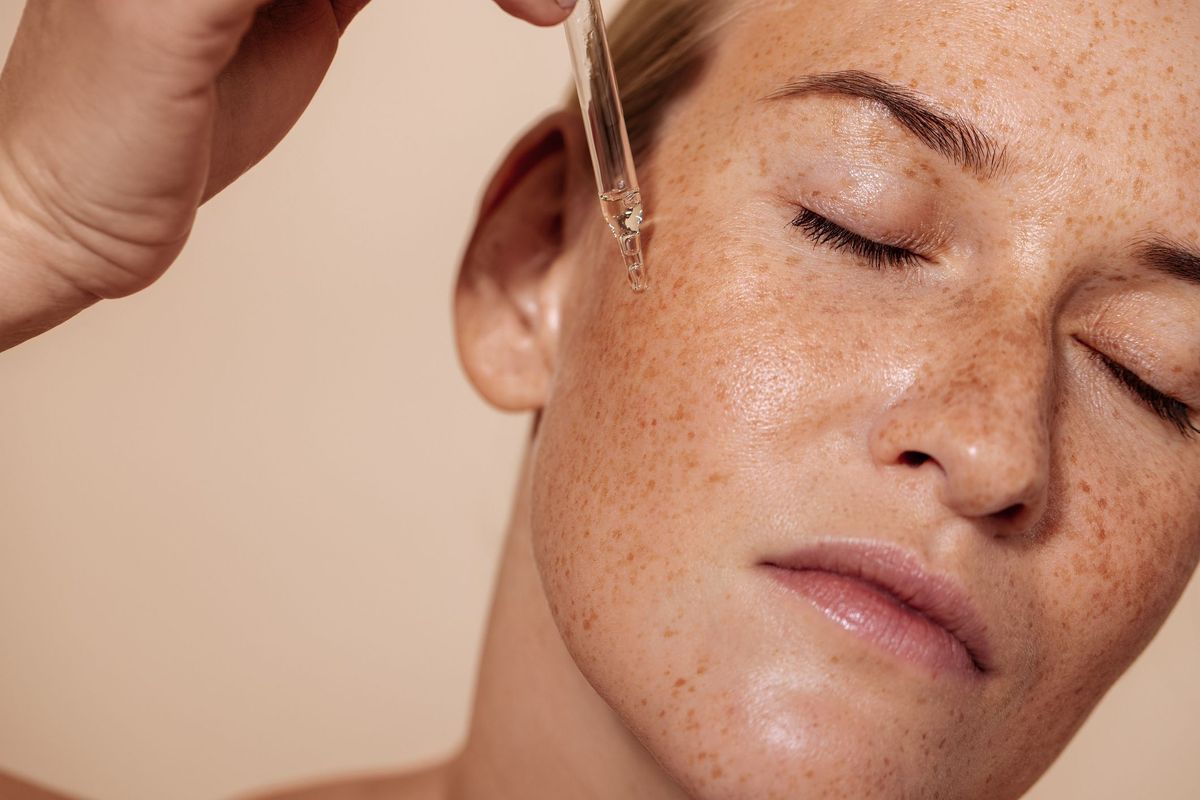Hyaluronic Acid Side Effects

Hyaluronic acid is used in cosmetics and skincare products to give skin a healthy glow. It can also treat dry skin. For this reason, dermatologists recommend using moisturizers that contain hyaluronic acid. However, there are some side effects of hyaluronic acid.
Sodium acetylated hyaluronate
Sodium acetylated hyaluronate (SAHA) is a type of hyaluronic acid. This substance is found naturally in the skin and helps replenish skin cells. Dehydration can leave the skin looking dull and dry, and SAHA can help improve skin hydration and reduce the appearance of fine lines and wrinkles.
HA degradation in the biological environment has been related to hyaluronidases, which are significant players in the degradation process. However, HA can be chemically modified to increase its stability and bioavailability. In one study, scientists successfully modified HA with ethyl esters to improve its bioavailability and prevent degradation.
The anti-wrinkle activity of sodium acetylated hyaluronate can prevent deeper wrinkles, improve skin texture, and protect ECM integrity. When applied topically, sodium acetylated hyaluronic acid reduced MMP-1 and MMP-9 expression. The anti-aging effect was comparable to the non-treated group.
Cosmetic uses
Hyaluronic acid is a biopolymer with many cosmetic uses, including skin rejuvenation and elasticity. Its prominent role in the cosmetic industry is as an active ingredient in anti-aging formulations. It is used in cosmetic formulations ranging from 0.2 to 1%. Hyaluronic acid is used in cosmetic formulations in two types: LMW-HA and HMW-HA. LMW-HA is a type of hyaluronic acid that increases the skin's moisture content and helps accelerate the dermis's regeneration. HMW-HA contributes to the skin's elasticity by forming a viscoelastic film, which provides a moisturizing effect. HMW-HA also possesses antioxidant properties and is used in cosmetic formulations.
Hyaluronic acid also helps balance the amount of oil in the skin. When skin is dehydrated, it becomes oily and can lead to breakouts. By treating dehydration and excess oiliness, hyaluronic acid can balance the oil levels in the skin and help prevent adult acne. Hyaluronic acid has also been found to help heal wounds and repair damaged skin. It is found in approximately half of the human body's cells, including the skin. Hundreds of scientific studies are currently being conducted better to understand the benefits of hyaluronic acid for skincare.
Side effects
Hyaluronic acid's most common side effects and derivatives are local injection site reactions, pain, swelling, and redness. These are usually mild and self-limited and can be treated with anti-inflammatory medications. There are very few severe drug interactions reported in clinical trials. Rarely may patients experience anaphylaxis, a severe reaction that requires medical attention. Hyaluronic acid and derivatives are not recommended for people with kidney or heart disease or children younger than 21.
While there are no known severe side effects of hyaluronic acid, patients must know that it may not be safe. Hyaluronic acid has a high molecular weight and is not appropriate for everyone. It is also unsafe for pregnant women and is not recommended for use in joints other than the knee. In addition, patients who have severe skin diseases and infections should not use this substance.



